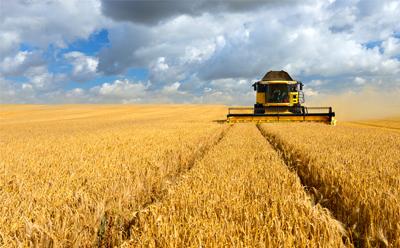New paper by University of Southampton geographer shows impacts of rising carbon dioxide on water demand of maize crops

Professor Justin Sheffield recently published work with collaborators at Stanford University in the USA in the journal Nature Climate Change on the impact of carbon dioxide (CO2) and climate on crop water demand, globally.
A critical question for agricultural production and food security is how water demand for staple crops will respond to climate and CO2 changes, especially in light of the expected increases in extreme heat exposure brought about by global warming However, previous research has generally ignored the direct impact of increasing CO2 on the efficiency of crop water and energy use. For soybean, wheat and rice (C3 type crops) the competing CO2effects cancel each other out, but the water demand of maize (C4 type crop) is significantly overstated if CO2 effects are not taken into account.
If trends from the past few decades continue, it will be crucial to consider whether adaptation measures can keep pace with rising water demand in regions that experience the largest increases even for C3 crops, and especially the length of time for which maize regions can continue to avoid increases in demand through rising CO2.
Urban, D., J. Sheffield, and D. Lobell, 2017. Historical Effects of CO2 and Climate Trends on Global Crop Water Demand. Nature Climate Change 7, 901–905. doi:10.1038/s41558-017-0011-y
